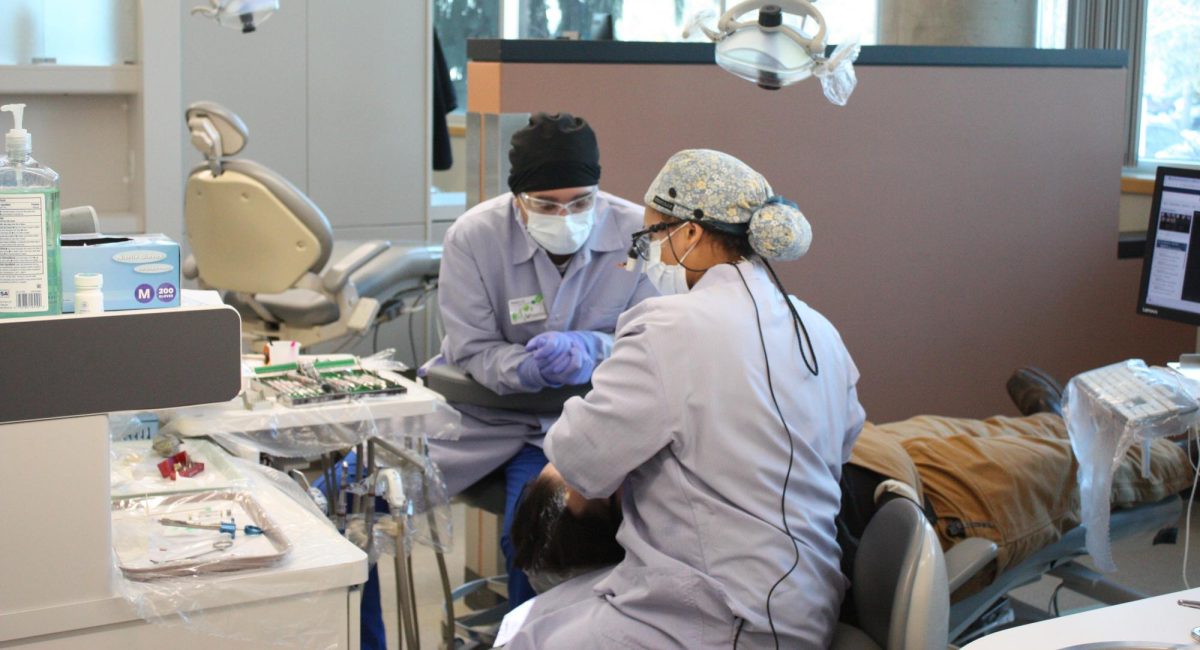Washington State Dream Act flounders at Senate
April 11, 2013
A House bill that would increase the likelihood of a college education for many undocumented Washington state students has hit a roadblock at the Senate Higher Education committee.
House Bill 1817, also known as the Washington State Dream Act, would give eligible undocumented students access to state-based financial aid.
EWU’s branch of Mecha, which stands for Movimiento Estudiantil Chicano de Aztlán, hosted an open forum April 4 to raise awareness and hear student input regarding the legislation.
“It is a piece of legislation in the state of Washington that, if passed, would enable all undocumented students in the state to have access to state grants, college-bound scholarships and other types of financial aid in the state of Washington only. This wouldn’t tap into Fafsa resources or anything like that,” said Francisco Navarro, co-chair of Mecha and an EWU junior who is undocumented.
Like many of his peers, Navarro is able to attend college because of House Bill 1079.
“[House Bill] 1079 was legislation passed in 2003 that allows undocumented students who have gone to high school, paid taxes, who are essentially citizens of the state of Washington — all except the legal paperwork — to go to in-state schools and receive in-state tuition,” said E.B. Vodde, legislative liaison for ASEWU.
Washington is one of 12 states to offer in-state tuition costs to undocumented students, but even that is not enough to cover the costs of a college education.
“In order for us to go to college, we have to pay with scholarships or just out of pocket. There is nothing else that we can do,” Navarro said.
For these students, the passing of House Bill 1817 would allow them access to state need grants that are currently only available to citizens. Many students lobbied and gave testimony to show support for the bill, which passed with a two-thirds majority in Washington’s House of Representatives, but did not make it past the Senate Higher Education committee.
Sen. Barbara Bailey, chair of the Higher Education committee, canceled the last public hearing regarding House Bill 1817 and did not schedule a vote.
“Even though there’s public testimony given on House Bill 1817, and it had a chance to get through the Senate, it never had a chance to move up the ladder, which is sad,” Vodde said.
In an opinion piece written for the Washington Focus, Bailey argued that the state need grant is already underfunded and that extending state financial aid to undocumented students would add 800 eligible students, an expense that cannot be funded.
“State government has a bad habit of promising many things, but delivering few,” Bailey wrote. “It would be disingenuous for us to make an unfunded promise that can’t be kept.”
Jackie Vaughn, an EWU student and co-chair of Mecha, said, “A lot of times we hear the argument, why [should] they get money? We’re the taxpayers, we’re the ones investing in Washington state’s economy. The actual fact is that undocumented workers add a lot to our state.”
Washington state is the number one contributor for many agricultural crops, including apples, red raspberries and hops.
“We produce 80 percent of the hops in the nation. Did you know that 70 to 80 percent of the people that pick the hops so that you can drink your beer [are undocumented]?” Navarro said.
Vaughn added, “If people want to believe the argument that these undocumented people are not adding to our state’s economy, you just have to look at the numbers to see how much we do depend on them. If they are putting so much into our state’s economy, why aren’t we allowing them to have access to some funds that will help them go to college?”
Vaughn and Navarro encouraged students to contact their representatives if they are unhappy with the outcome of House Bill 1817, which can be done at www.leg.wa.gov.








